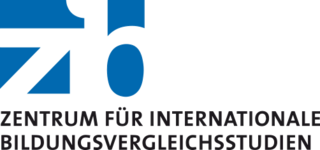Linking implicit measures of eye movements to explicit responses on self-report measures – A cross cultural comparison (ImplEyCit)
Team
- Technical University of Munich, TUM School of Education, Centre for International Student Assessment (ZIB), Munich (PD Dr. Anja Schiepe-Tiska)
- Laboratoire de Psychologie Sociale, Université de Paris, France (Prof. Dr. Rasyid Bo Sanitioso➚, Prof. Dr. Sébastien Goudeau➚, Fabian Müller➚)
In international large-scale assessments such as the Programme for International Student Assessment (PISA), besides (content) knowledge, also self-concept or interest are assessed via self-report scales. A major challenge for such international studies is that the self-reported answers must be comparable across different countries and cultures. However, research shows that the cultural background of students influences their answers. For example, people from countries with a more collectivist background tend to agree rather than disagree with statements and generally avoid extreme answers. These biases affect the comparability of results and can lead to wrong conclusions and political decisions.
The aim of the project is to investigate differences between more individualistically shaped cultures like Germany or France and more collectivistically shaped cultures like Taiwan in the processes of answering questionnaires.
In a previous project, eye-movement data was collected with an eye-tracker in Germany and Taiwan. Eye movements are well suited for the investigation of this question as they are difficult to control consciously and therefore cannot be influenced by conscious response tendencies. Specifically, we will investigate the fixation of the first answering category. We test the hypothesis that students in Germany and Taiwan consciously select different answering categories, but there are no differences in the unconscious first fixation. Furthermore, we want to investigate whether it makes a difference which construct is assessed. For example, we will examine whether characteristics that are more related to self-esteem (e.g., self-concept) are more influenced by cultural response processes than characteristics that are less relevant to self-esteem (e.g., interest).
The project is co-financed by the Franco-Bavarian University cooperation center (BayFrance).

